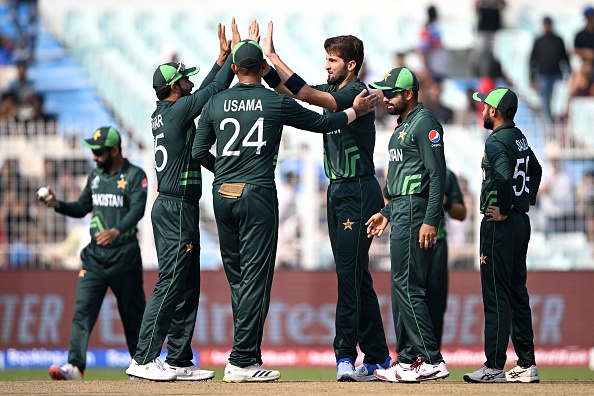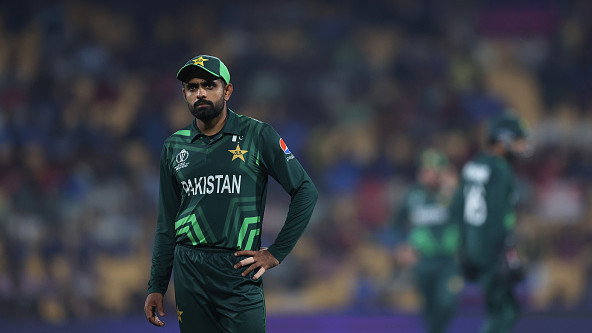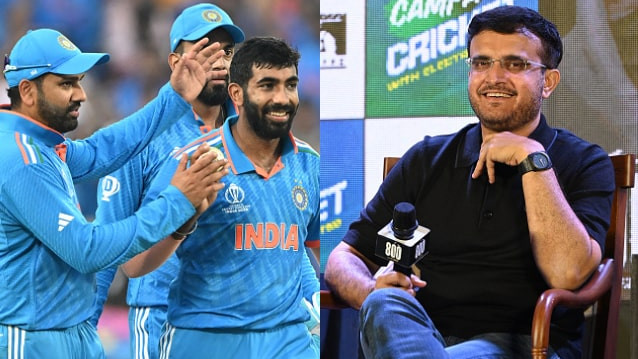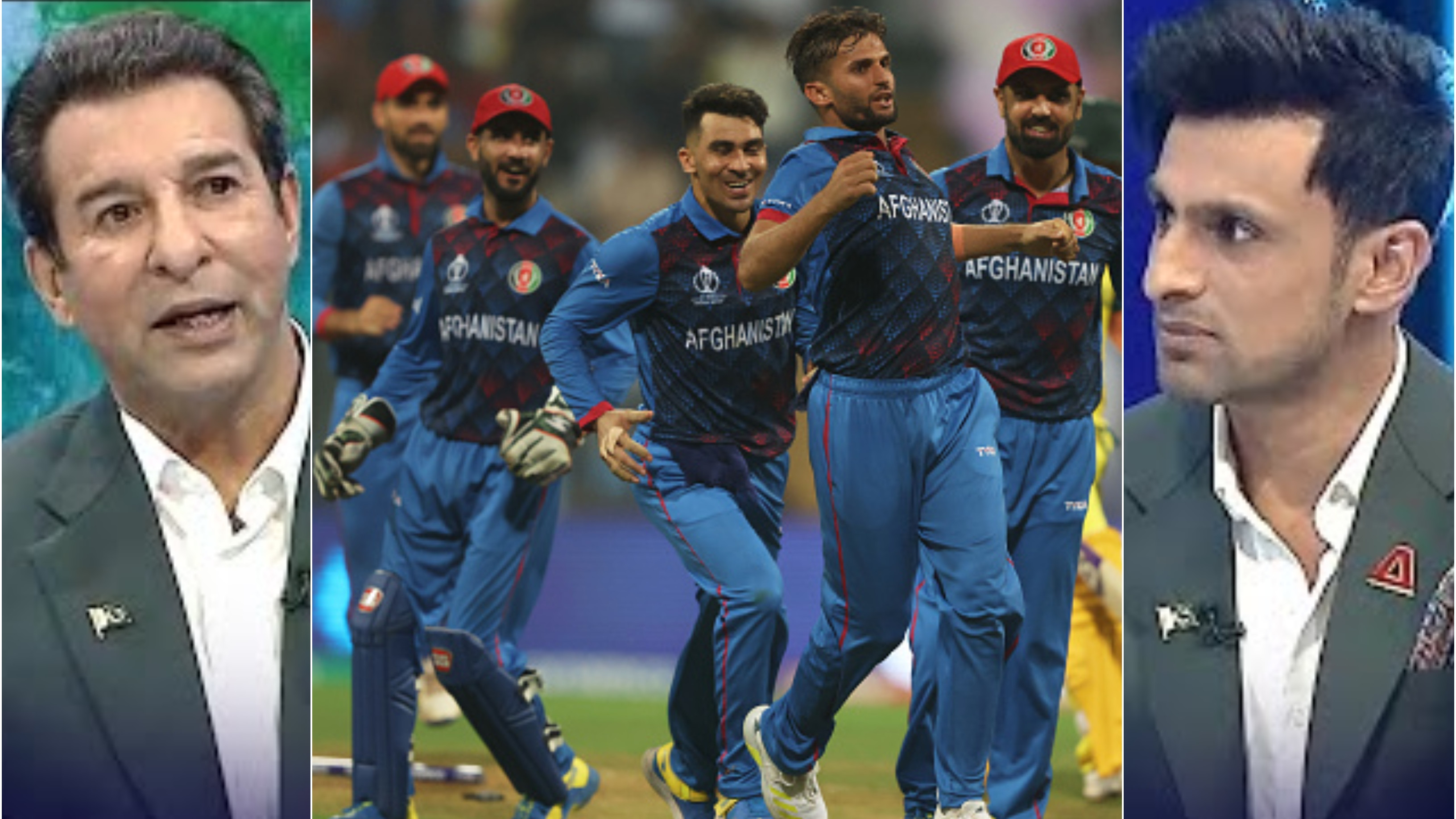 Pakistan’s World Cup 2023 campaign is likely to end on Saturday (November 11) as they have an improbable task at hands to qualify for the semi-final.
Pakistan’s World Cup 2023 campaign is likely to end on Saturday (November 11) as they have an improbable task at hands to qualify for the semi-final.
Babar Azam’s men need to beat England by at least 287 runs in their last league match to eliminate New Zealand as the fourth semi-finalist on the basis of net run rate. If Pakistan bowl first, they have to chase down the target in less than five overs.
Notably, the Men in Green also found themselves in similar situations in the 2019 World Cup as they failed to progress into the knockout stages due to inferior net run rate.
During a show on 'A Sports', a fan posed a question on similar lines to Wasim Akram and the bowling legend replied: "It's actually a very valid question. It's a very good cricketing question. Chaar saal pahle bhi yeh the, chaar saal baad bhi waha hai aur agle chaar saal baad bhi yahi hone hai [Four years ago it was this, four years after it is this and four years later it will remain the same]."
On the other hand, former Pakistan wicketkeeper Moin Khan said: "We didn't identify the problems properly and failed to make good planning. Players' fitness was not up to the mark. A lot is involved in this issue."
Akram believes they should do a show after the World Cup on how to fix the issues rather than just discussing the problems with the team.
"After the World Cup, one show we should do, not just the negative but to give our suggestions, how we can improve. It's okay there is no quick fix, we know that. Quick fix toh nahi hai, maybe time lagega [No quick fix and it will take time]. Hum apni suggestions de sakte hai, do-do teen-teen [We can give 2-3 suggestions]. And whoever is listening they can probably take it with an open heart, from you know no angle nothing," he stated.
Former Pakistan skipper Shoaib Malik, who was also part of the discussion panel, pointed out that they start rebuilding the team after every debacle but do not stick to the process.
"We always start the rebuilding process but we do not stick to the decisions. We don't implement the decisions consistently enough. We should seriously give our suggestions for improvement and there should debate on it," Malik said.
Misbah-ul-Haq, another former Pakistan captain and batter, opined that the team should be ready to work on improvement even while performing well.
"When the team is performing, no one is ready to hear the need for improvement. Even fans will say why nitpicking when the team is winning. But you need consistent improvement. Even when we win, we should find out the problems and work on them, so that we can perform better against big teams in big tournaments," Misbah said.
"For example, when our fast bowlers were performing, the spinners' problems were hidden from view. But the team management should plan in such a way that those which are not working should be worked on and seek improvement. If not then when you face big teams or play in big tournaments it will haunt you and will get you exposed. And we will keep saying we lost due to net run rate," he added.
Wasim Akram also asked the fans to keep pushing the issues even after the World Cup.
"I think all the cricket lovers in our part of the world, they do love their team and they do want to win. I can understand where this is coming from...the frustration and sadness at times. But the problem is the World Cup will finish and we will forget about it. Next June, another World Cup will start and we will remember and say we have to win this World Cup," Akram said.
"My request to fans is to keep pushing the issue and change the system. Don't forget it quickly."
In the end, Malik cited the example of the Indian team as suggested that Pakistan should learn from the arch-rivals.
"Look at India in this World Cup, they have covered all the aspects. Aspects of the game are not just - bowling, batting and fielding. They suffered an injury scare, but they have the alternate ready. They have planned all contingencies -- if this player got injured then this is his replacement and so on.
"I guess to have a pool of players is very important moving forward. We have to focus on this aspect. We have three formats, make different pools of players for them. But the very important thing is to give all players equal chances, so that they remain ready all the time," Malik concluded.



